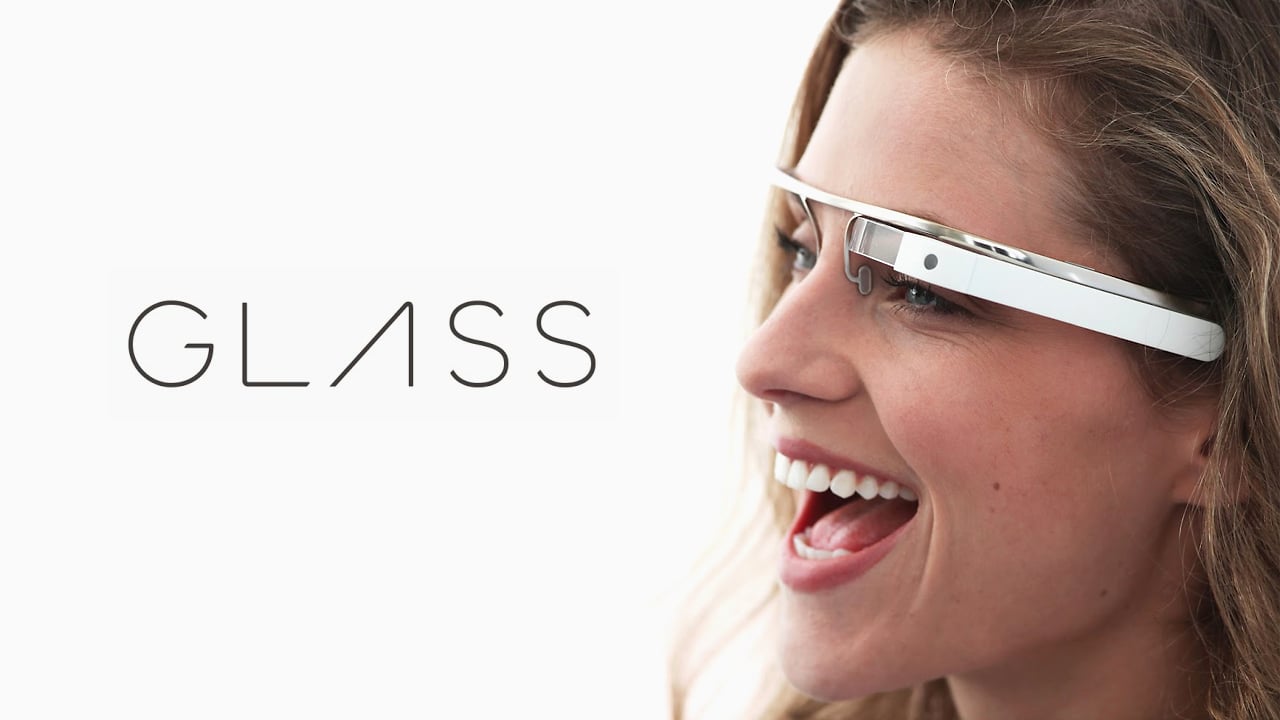Disclosure - I was a dues-paying member of the Society for Information Display for five years. So when I tell you that you're talking about increments rather than revolutions, know that I am telling you from a position of experience. There's nothing new or unusual about Oculus. It's a bunch of off-the-shelf components assembled to mimic the early VR implementations without the complexity or expense. With an Oculus, you're about where VPL was in 1990. I know what the idea is. We all do. The argument is that the idea is misguided, much like Newcorp buying Myspace. Browse down this list. In fact, I made the argument that this is all Facebook wants to be, and that it shall perish because of it. Go back and read again. I'll elaborate: Facebook is a gatekeeper. The only way Facebook makes revenue is by standing between you and your content and monetizing the stream. This is why everyone hates Facebook - in order for them to make money, they need to increase their stranglehold on the pipeline between "you" and "what you want" so they can express its essential oils. Facebook's profit model is to keep you hooked so they go through your pockets while you get your fix. This is why Facebook is in trouble: as soon as somebody provides that fix without going through your pockets, Facebook will have no customers. They know this. Every acquisition of the past five years has been about acknowledging this. You wanna know why Facebook bought Oculus? Google came out with Glass so that their search and their network would never ever ever leave you. Google and Facebook are not friends. Facebook needs something on your face that will never ever leave you. So they went to the store and bought something. That's about as deep as the thinking went, I reckon. They're panic shopping. Companies do it all the time when they're out of ideas in a stable market. That's not my vision of VR, that's the reality of VR. The only people who have done anything with VR in the past 20 years have been gamers, and that's because there simply isn't any utility in it for anyone else. Try this: You've got a magic pair of VR goggles in front of you. It's connected to everything you might possibly want. It weighs less than a kleenex, draws less power than a fart, has angstrom-grade resolution, refreshes at 1 GHz and can see in more colors than a mantis shrimp. What do you do with it? What part of your daily life needs that in it? What aspects of supercallifragilistic VR are going to enrich your life? Make me a list. Because when you're in front of a computer you accept, but don't like, the fact that nobody is looking you in the eye. It's inhuman and weird and we put up with it but it's not natural. I designed conference rooms around September 11. Everyone was convinced it was the wave of the future, because travel was going to suck. Well, traveling does suck, and people are traveling more for business than they were before September 11. You're going to replace that with avatars in a virtual space? Know how many business meetings are conducted in Second Life? Because the rig necessary to check your tonsils over VR is not something I wish to contemplate. I didn't say they were abandoning it, I said they were grasping at straws. You as much as agreed. My argument is that there is no aspect of Virtual Reality that lends itself to "social." Your argument so far seems to lean towards well-wishing and poorly-considered ideas. There are facts here. They can be found easily. I have them. I am presenting them to you for your edification and amusement. You are welcome to disagree - but do not think that your mere disagreement is a compelling counterargument.Creating a purely functional VR experience may not be tough, but a user-friendly and cost-effective experience hasn't been feasible until very recently.
Facebook's desperate attempts to catch up in mobile are a resulted of their short-sightedness. They didn't anticipate the rise in smartphones and the changing consumer landscape. The idea behind this acquisition is to not only avoid missing the boat again, but actually drive the boat into the future.
I feel like you are mistaking where Facebook currently is with where it wants to be. Facebook, at its core, wants to be a social hub where people connect and come together.

I think your vision of VR as a gaming-only platform is extremely short-sighted.
Why Skype for a business meeting when you can sit in a virtual board room?
Why go all the way to a doctor's office if you can communicate face-to-face and have all of your vitals tracked through a bracelet?
I think it is crazy to assume that because they bought Oculus, they are abandoning their main (and most profitable) value prop.